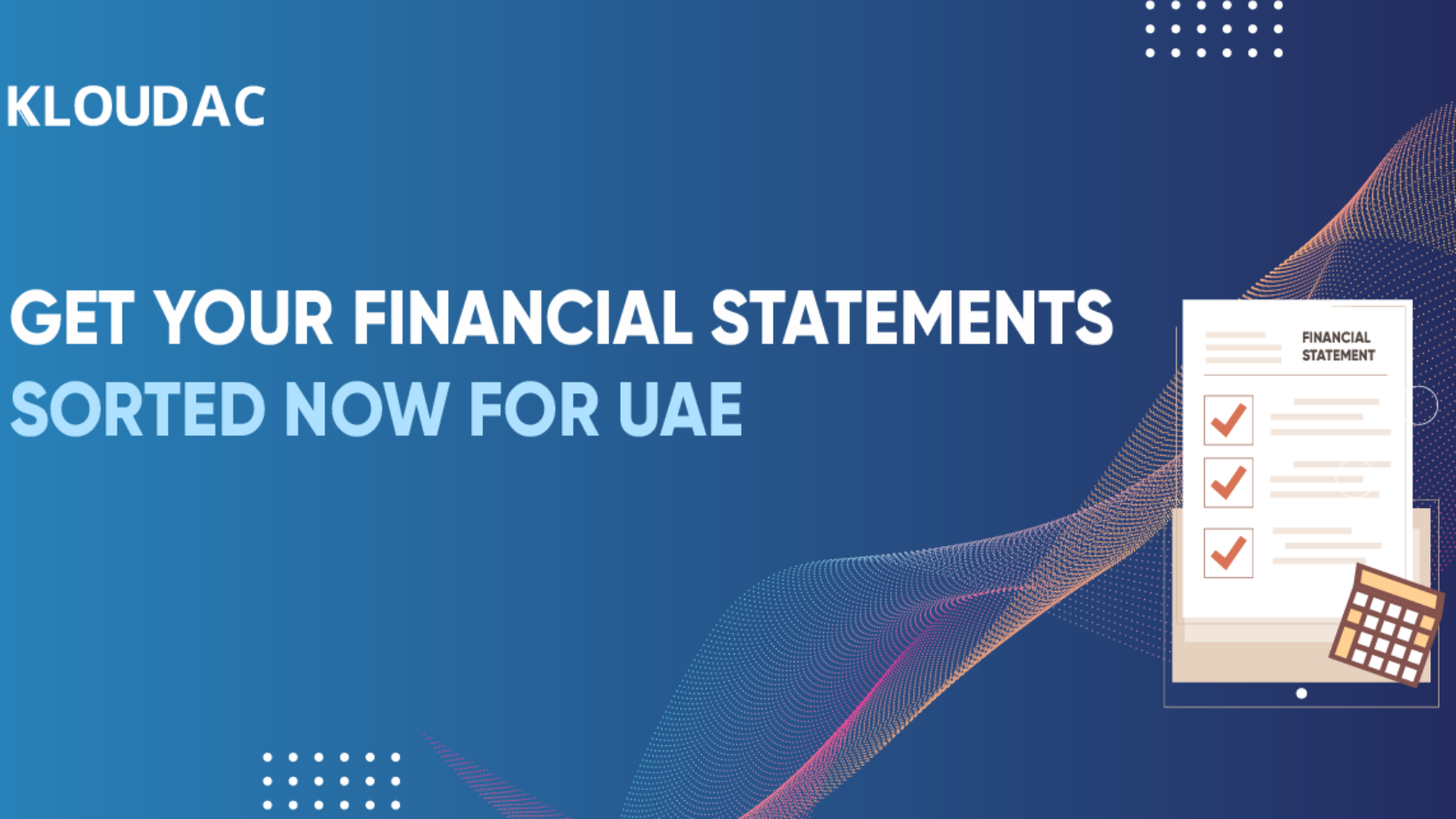If you’re a business owner or an individual living in the United Arab Emirates (UAE), it’s important to keep your financial statements in order. Proper financial management is key to maintaining a healthy financial situation and avoiding any legal or financial issues. In this blog post, we’ll discuss why it’s important to get your financial statements sorted now for UAE and offer some tips to help you get started.
Firstly, let’s talk about what financial statements are. Financial statements are documents that provide a summary of a company’s or individual’s financial transactions. They include income statements, balance sheets, and cash flow statements. These statements are crucial for analyzing the financial health of a business or individual and help to make informed decisions about financial matters.
Now, why is it important to get your financial statements sorted in the UAE? The UAE has stringent financial regulations that require businesses and individuals to maintain accurate and up-to-date financial records. Failure to do so can result in legal and financial consequences, including fines and penalties. Additionally, having well-organized financial statements can help you track your financial performance, identify areas for improvement, and make informed decisions about financial matters.
So, how can you get your financial statements sorted now for UAE? Here are some tips to help you get started:
- Keep accurate records: Make sure you keep track of all your financial transactions, including income and expenses. This will help you create accurate financial statements that reflect your financial situation.
- Use accounting software: Consider using accounting software to help you manage your financial transactions and create financial statements. There are many accounting software options available, including QuickBooks, Xero, and Zoho Books.
- Hire a professional: If you’re not confident in your ability to create financial statements, consider hiring a professional accountant or bookkeeper to assist you. They can help ensure your financial statements are accurate and up-to-date.
- Review your financial statements regularly: Make it a habit to review your financial statements regularly, at least once a month. This will help you stay on top of your financial situation and identify any issues that need to be addressed.
KLOUDAC Accounting Firm Dubai, UAE
Getting your financial statements sorted now for UAE is crucial for maintaining a healthy financial situation and avoiding any legal or financial issues. By keeping accurate records, using accounting software, hiring a professional, and reviewing your financial statements regularly, you can ensure that your financial situation is well-managed and in compliance with UAE regulations. KLOUDAC is one of the most outstanding accounting firms which support you with all these tasks.



















